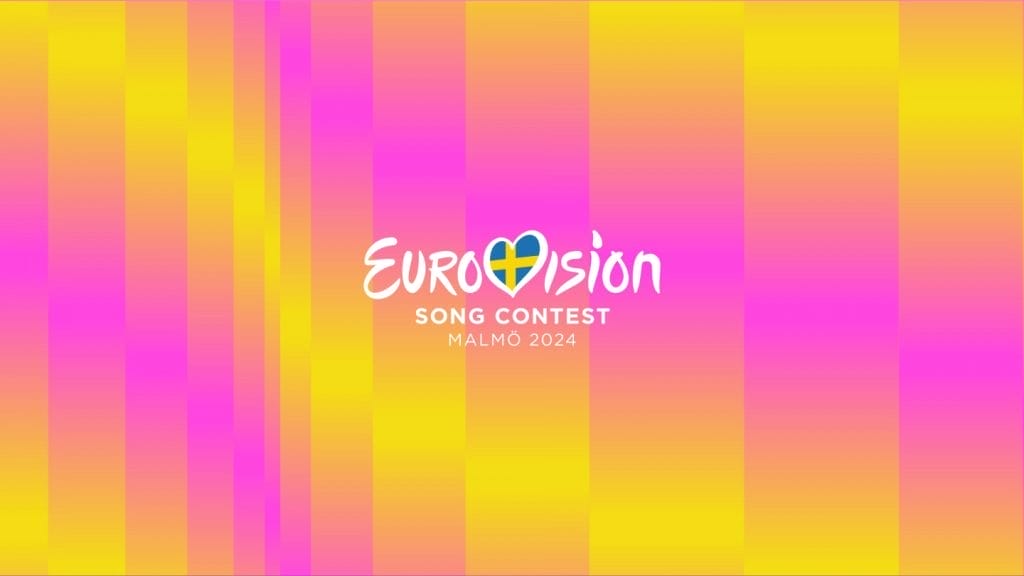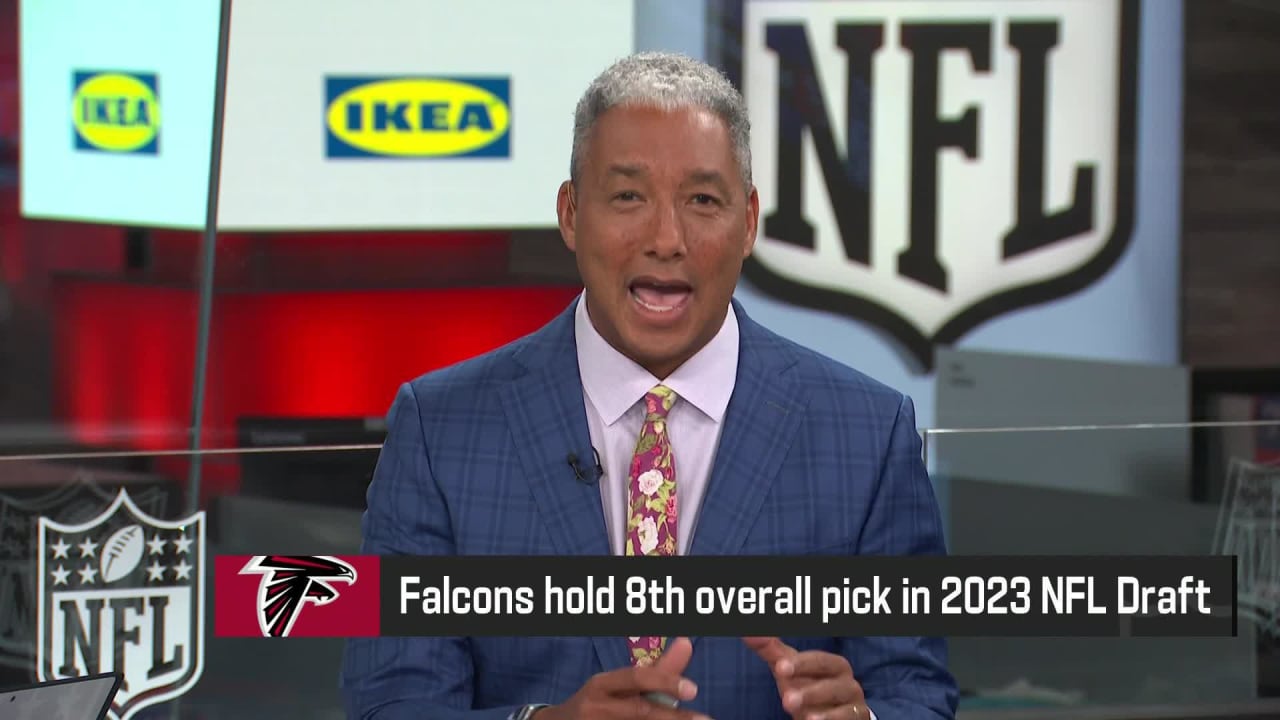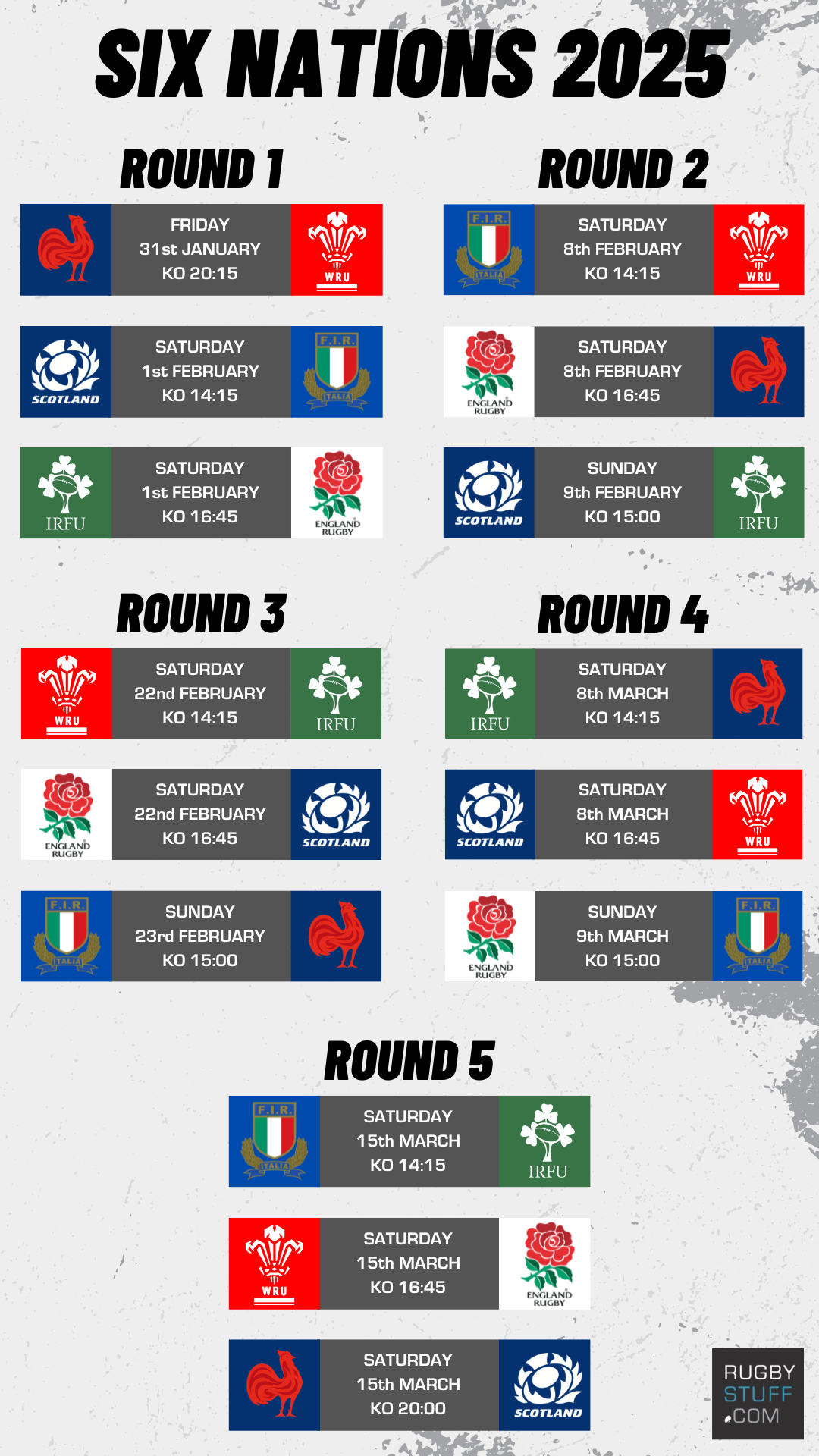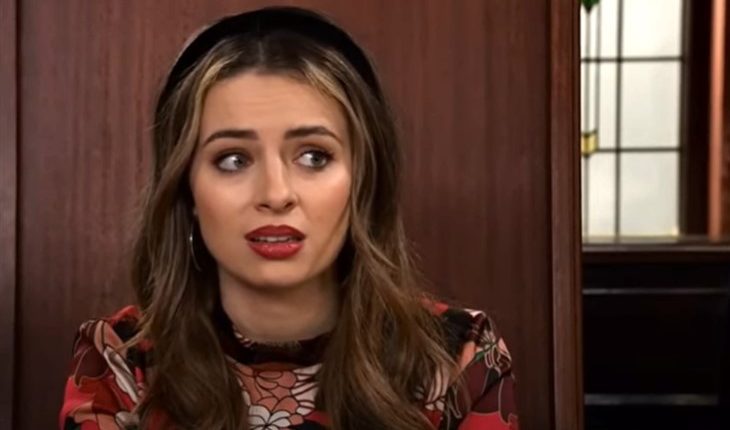Is Eurovision 2024 Silencing LGBTQ+ Representation?

Table of Contents
A History of LGBTQ+ Visibility at Eurovision
Landmark Moments of LGBTQ+ Inclusion
Eurovision's history is punctuated by moments that championed LGBTQ+ visibility. These weren't just performances; they were statements. Conchita Wurst's triumphant victory in 2014, a powerful symbol of acceptance for the trans community, remains a pivotal moment. Other artists, though perhaps not explicitly labeling their identities, conveyed LGBTQ+ themes through their music and performance style, subtly but powerfully challenging norms. This gradual but consistent progress created a powerful narrative of inclusivity within the Eurovision family.
- Examples of openly LGBTQ+ artists who participated and achieved success: Conchita Wurst (Austria, 2014), Dana International (Israel, 1998).
- Specific songs or performances that conveyed LGBTQ+ themes or messages: While many songs subtly incorporated themes, the visual presentation and overall artistry often amplified the message.
- Discussion of the impact these moments had on LGBTQ+ visibility and acceptance: These moments ignited vital global conversations around LGBTQ+ rights and acceptance, demonstrating Eurovision's potential as a platform for positive social change. They provided visibility and validation for LGBTQ+ individuals worldwide.
Keyword Optimization: Eurovision LGBTQ+ history, LGBTQ+ Eurovision moments, inclusive Eurovision performances
Concerns Regarding Eurovision 2024's Representation
Analysis of Participating Artists and Songs
While assessing Eurovision 2024, a perceptible shift in the overt inclusion of LGBTQ+ themes is noticeable for some observers. A comparative analysis of the participating artists and songs reveals fewer entries that explicitly address LGBTQ+ identities or narratives compared to previous years. This absence is leading to concerns among many viewers and LGBTQ+ advocates.
- Examples of entries that potentially lack LGBTQ+ representation: [Insert specific examples of entries from Eurovision 2024 and provide a nuanced analysis, avoiding generalizations and accusations. Back up your analysis with facts and avoid subjective opinions].
- Discussion of possible reasons for a perceived decrease in representation (e.g., political pressures, societal shifts in participating countries): Several factors could contribute, including political pressures in some participating countries, evolving societal attitudes, or even self-censorship by artists concerned about potential backlash.
- Mention of any controversies surrounding particular entries or artists: [If there have been controversies, discuss them factually, avoiding sensationalism].
Keyword Optimization: Eurovision 2024 LGBTQ+ analysis, Eurovision 2024 inclusivity concerns, lack of LGBTQ+ representation Eurovision
The Broader Context of LGBTQ+ Rights in Participating Countries
Correlation Between LGBTQ+ Rights and Eurovision Entries
A crucial aspect to consider is the correlation (or lack thereof) between the LGBTQ+ rights landscape in participating countries and their Eurovision entries. Countries with progressive LGBTQ+ legislation and a more accepting social climate often exhibit a higher degree of LGBTQ+ representation in their Eurovision performances. Conversely, nations with restrictive laws or strong social conservatism may exhibit less overt LGBTQ+ representation.
- Examples of countries with strong LGBTQ+ rights showing high representation and vice versa: [Provide specific examples, comparing countries and their respective entries].
- Discussion of the potential influence of political and social climates on artistic expression: The political climate and societal norms profoundly influence artistic expression and self-censorship. Artists might feel pressured to conform to prevailing societal expectations, especially in countries with restrictive laws or social conservatism.
- Mention any potential censorship or self-censorship occurring: The possibility of subtle or overt censorship, either by governmental bodies or by artists themselves, cannot be ignored.
Keyword Optimization: LGBTQ+ rights Eurovision, political influence Eurovision, Eurovision censorship
The Importance of Continued LGBTQ+ Representation at Eurovision
Eurovision's Role as a Global Platform
Eurovision's global reach is undeniable. Its impact extends far beyond entertainment; it possesses the potential to foster meaningful social change. Continued LGBTQ+ representation on this massive platform is crucial for its role in promoting diversity and inclusion worldwide.
- Highlight the potential positive effects of showcasing LGBTQ+ stories on a worldwide stage: Showcasing diverse stories through music and performance increases visibility, understanding, and empathy on a global scale.
- Discuss the importance of visibility for LGBTQ+ youth and communities globally: For LGBTQ+ youth, seeing their stories reflected on a platform like Eurovision can be incredibly powerful, providing a sense of belonging and hope.
- Call for continued efforts to ensure representation remains a priority for future Eurovision events: The EBU and participating countries must prioritize diversity and inclusion in future events, actively promoting LGBTQ+ representation and ensuring a safe space for diverse voices.
Keyword Optimization: Eurovision social impact, LGBTQ+ visibility Eurovision, Eurovision diversity and inclusion
Conclusion
Eurovision's history demonstrates a strong commitment to LGBTQ+ representation, creating landmark moments of inclusion and celebrating diversity. However, concerns regarding a potential decrease in LGBTQ+ visibility in Eurovision 2024 necessitate a careful examination of the contributing factors. The interplay between the political climate in participating countries and the level of LGBTQ+ representation in their entries highlights the importance of continued efforts to prioritize inclusivity. Eurovision's global reach offers a unique opportunity to promote acceptance and understanding, and maintaining robust LGBTQ+ representation remains paramount for its social impact. Let's ensure Eurovision continues to be a beacon of inclusivity, not a platform where diverse voices are silenced. Write to the EBU, support LGBTQ+ artists, and engage in conversations using #EurovisionInclusivity and #LGBTQEurovision to advocate for continued and strengthened LGBTQ+ representation in Eurovision 2024 and beyond. Let's keep the conversation going, ensuring Eurovision 2024 LGBTQ+ representation remains a priority.

Featured Posts
-
 Panthers 8th Pick Draft Strategy And The Pursuit Of Continued Winning
May 01, 2025
Panthers 8th Pick Draft Strategy And The Pursuit Of Continued Winning
May 01, 2025 -
 Six Nations 2025 Scotlands True Potential Flattering To Deceive Or Genuine Contenders
May 01, 2025
Six Nations 2025 Scotlands True Potential Flattering To Deceive Or Genuine Contenders
May 01, 2025 -
 Open Ai Challenges Google Chat Gpt Powered Shopping Experiences Arrive
May 01, 2025
Open Ai Challenges Google Chat Gpt Powered Shopping Experiences Arrive
May 01, 2025 -
 Coronation Street First Look At Daisy Midgeleys Dramatic Exit
May 01, 2025
Coronation Street First Look At Daisy Midgeleys Dramatic Exit
May 01, 2025 -
 Dragons Den A Guide To Success
May 01, 2025
Dragons Den A Guide To Success
May 01, 2025
